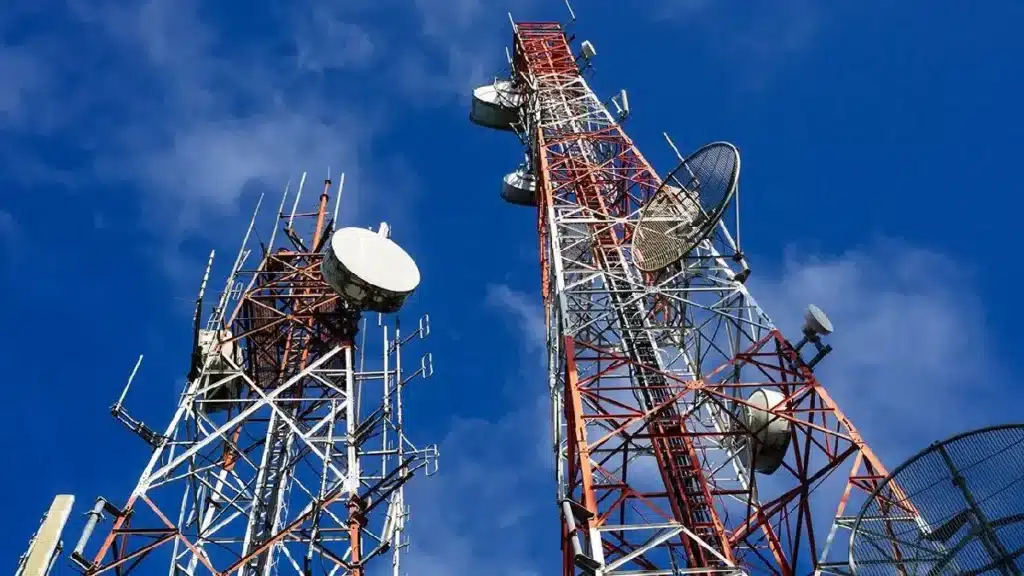TRAI Evaluates Network Quality in Leh City and Key Highway Routes

The Telecom Regulatory Authority of India (TRAI) has unveiled the results of its Independent Drive Test (IDT) for the Jammu & Kashmir Licensed Service Area, conducted in June 2025. This comprehensive assessment evaluated mobile network performance across various environments, including urban areas, institutional hotspots, and high-speed corridors. The tests, which spanned over 300 kilometers, aimed to provide insights into the quality of voice and data services offered by telecom service providers in the region.
Comprehensive Testing Across Diverse Environments
The IDT took place from June 10 to June 12, 2025, covering a total of 41.3 kilometers in city environments, 302 kilometers on highways, and included assessments at five hotspot locations and a two-kilometer walk test. The testing was conducted under the supervision of TRAI’s Regional Office in Delhi, ensuring that the results reflect real-world mobile network performance. Various technologies were evaluated, including 2G, 3G, 4G, and 5G, to gauge the service experience across different handset capabilities. The findings have been shared with all relevant telecom service providers (TSPs) for their review and necessary action.
Key Performance Indicators Assessed
The drive tests focused on several key performance indicators for both voice and data services. For voice services, the parameters included Call Setup Success Rate (CSSR), Drop Call Rate (DCR), Call Setup Time, Call Silence Rate, Speech Quality (Mean Opinion Score), and overall coverage. In terms of data services, the assessment measured Download and Upload Throughput, Latency, Jitter, Packet Drop Rate, and Video Streaming Delay. The results indicated that Airtel, BSNL, and RJIL had varying performance levels in these areas, with Airtel achieving a CSSR of 57.11% and a DCR of 9.70%.
Insights into Voice and Data Services
The IDT results revealed significant differences in performance among the telecom operators. Airtel reported a Call Setup Time of 1.90 seconds, while BSNL and RJIL had times of 4.36 seconds and 1.56 seconds, respectively. The Drop Call Rates were 9.70% for Airtel, 4.67% for BSNL, and 7.17% for RJIL. Additionally, the Mean Opinion Scores, which reflect user satisfaction, were 3.81 for Airtel, 2.53 for BSNL, and 3.56 for RJIL. In terms of data services, Airtel achieved an average download speed of 95.39 Mbps, while BSNL lagged significantly at 2.62 Mbps, and RJIL led with 144.09 Mbps.
Real-World Conditions and Future Implications
The testing also included assessments in high-density neighborhoods in Leh, such as Choglamsar and Spituk, as well as key locations like Leh Airport and SNM Hospital. A walk test in Leh City focused on mobile network performance in crowded pedestrian areas. The tests were conducted using TRAI-recommended equipment and standardized protocols to ensure accuracy. The detailed report is available on the TRAI website, providing transparency and insights for consumers and service providers alike. For further inquiries, TRAI’s Advisor for the Regional Office in Delhi can be contacted directly.
Observer Voice is the one stop site for National, International news, Sports, Editor’s Choice, Art/culture contents, Quotes and much more. We also cover historical contents. Historical contents includes World History, Indian History, and what happened today. The website also covers Entertainment across the India and World.
Follow Us on Twitter, Instagram, Facebook, & LinkedIn

